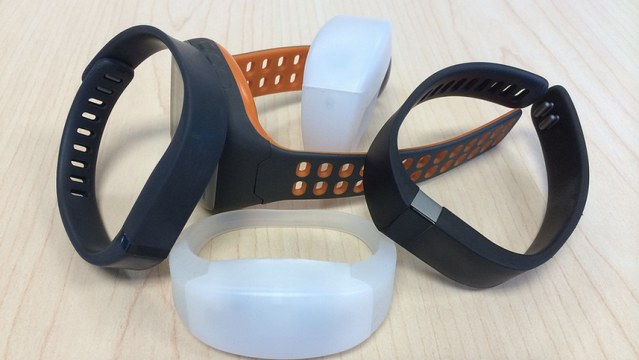Wearables are neat, but they can’t do the work for you
. A recent study confirms what we’ve been saying: These devices are great for facilitating change but not so much for driving said change.
The Journal of the American Medical Association study concludes:
Although wearable devices have the potential to facilitate health behaviour change, this change might not be driven by these devices alone. Instead, the successful use and potential health benefits related to these devices depend more on the design of the engagement strategies than on the features of their technology. Ultimately, it is the engagement strategies — the combinations of individual encouragement, social competition and collaboration, and effective feedback loops — that connect with human behaviour.
If you want to be successful with wearables, make sure that you also understand the factors behind creating fitness transformation
s.
Wearable Devices as Facilitators, Not Drivers, of Health Behaviour Change [The Journal of the American Medical Association]
Photo by Intel Free Press.

Comments
3 responses to “Study Confirms All Suspicions: Fitness Trackers Aren’t Magic Bullets”
As it should be.
The social aspect that they all push really heavily is a great motivator.
I’ve had a fitbit for over a year, (since before EVERYONE had one) and wasn’t really fazed if I didn’t make my daily goal of 10,000 steps. I just recently convinced my wife to get one as well, and now we compete, and we are motivated. If either of us don’t make our 10K the other riles them until they do…and we both have friends with fitbits, and its good.
Well of course the work needs to physically be done however my wearable device lets me know when I’m either slacking, doing the bare minimum, or exceeding my goals. It still motivates but you need to be the one to turn that recognition of need to motivate into action.